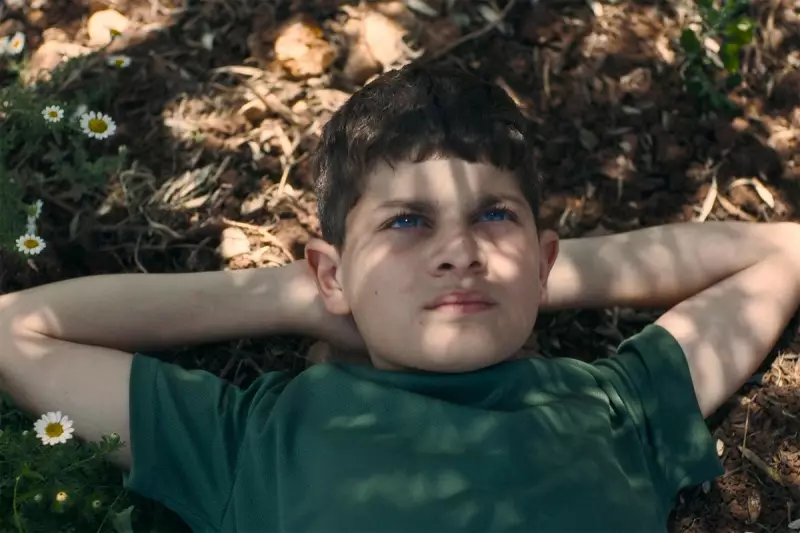
In a remarkable cultural moment that bridges divided worlds, the Israeli documentary 'The Sea of Ophir' has emerged as an unexpected cinematic sensation, offering a poignant glimpse into the lives of Gaza's fishermen against the backdrop of enduring conflict.
A Cinematic Journey into Gaza's Coastal Reality
The film, directed by Israeli filmmaker Ophir, presents an intimate portrait of Palestinian fishermen navigating both the Mediterranean waters and the complex political realities that define their existence. Through stunning cinematography and raw storytelling, the documentary captures the daily struggles and quiet moments of resilience among Gaza's maritime communities.
International Acclaim and Controversial Reception
Since its premiere, 'The Sea of Ophir' has garnered significant international recognition, winning awards at prestigious film festivals while simultaneously sparking intense debate. The film's nuanced perspective has drawn both praise for its humanitarian approach and criticism from various political quarters.
The timing of the film's release has proven particularly significant, as it continues to screen internationally while the real-world conflict it depicts remains ongoing. This convergence of art and reality has created a powerful platform for discussions about representation, empathy, and the human cost of political divisions.
Beyond Politics: The Human Stories
What sets 'The Sea of Ophir' apart is its focus on the universal human experiences that transcend political boundaries. The documentary delves into themes of:
- The enduring connection between people and their natural environment
- The struggle to maintain tradition and livelihood amid conflict
- The quiet moments of beauty and normalcy that persist even in difficult circumstances
- The shared humanity that often gets lost in political narratives
A Cultural Bridge in Troubled Waters
The film's director has described the project as an attempt to build understanding through storytelling, creating what he calls "a bridge of empathy across divided waters." This approach has resonated with international audiences, though it has also faced scrutiny from those who question the possibility of apolitical art in such a charged context.
As the documentary continues its global journey, it serves as a testament to the power of cinema to illuminate hidden worlds and spark difficult conversations. Whether it will ultimately contribute to greater understanding or simply reflect the complexities it portrays remains an open question, but its impact on viewers and critics alike is undeniable.






